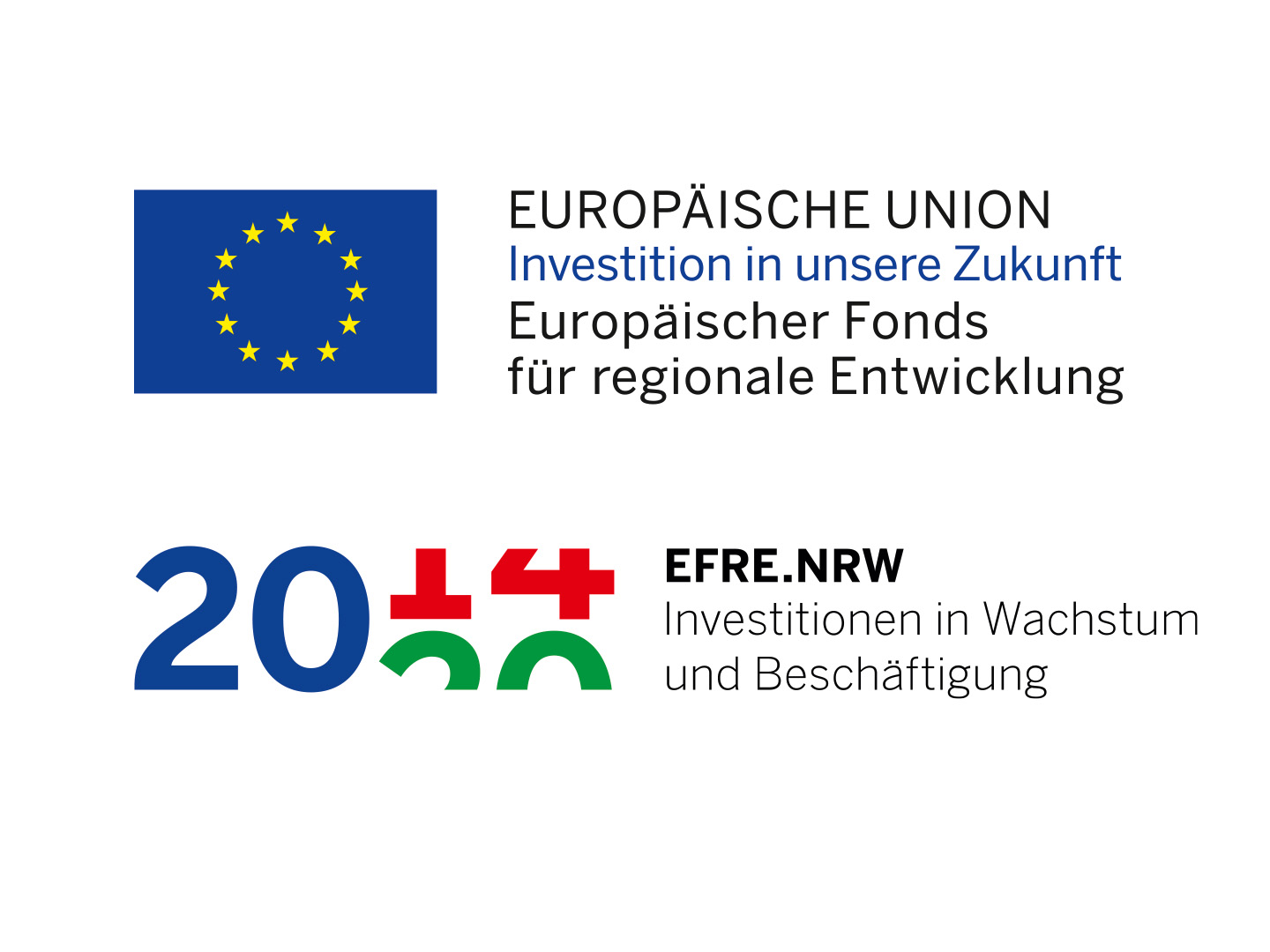With the steadily growing conversion from fossil fuels to renewable energy sources, storage technologies for renewable energies are becoming more and more important, meaning that they will play a key role in the future energy system. Electricity storage systems must be able to react flexibly to the fluctuating availability of electricity from photovoltaics and wind energy and be able to temporarily store unneeded electricity for periods of increased electricity demand. Of course, the security of supply and reliability should also be guaranteed at all times.
At present, pumped-storage power plants are largely used for large-scale electricity storage in Germany and Europe. Due to the limited expansion potential of pumped-storage facilities, alternative storage concepts are currently being sought. For example, electric storage facilities and storage systems may be a forward-looking alternative, as they also enable individual solutions that allow, for example, residential buildings to be self-sufficient with alternative energies.
Decentralized energy supply with renewable energy
As part of an innovative residential project, the climate district in Herne Sodingen, Fraunhofer UMSICHT is testing and analyzing the use of redox flow battery storage in combination with photovoltaic systems and modern heat pump concepts. The seven single-family houses serve as a model site for system solutions for largely energy self-sufficient living. The houses are built under comparable conditions, but with different energetic and technical configurations.
In order to define the energy concepts and implement them accordingly, the scientists first examined a number of technological processes based on different scenarios. Among other things, aspects such as self-consumption, degree of self-sufficiency and system serviceability were considered. After evaluating these concepts and taking into account the given framework conditions, the optimal solution for the project was finally developed.
Climate district as test laboratory for future new-build and conversion projects
Together with public utility companies Herne AG and Volterion GmbH, Fraunhofer UMSICHT is investigating the various wiring options for the redox flow batteries on the basis of single-family houses in the climate district. Taking photovoltaic systems into account, the researchers are testing the efficiency of polycrystalline and monocrystalline solar cells, for example, and comparing the differently configured houses to a reference house equipped with a lithium-ion energy store and a geothermal heat pump. In this way, the optimum system settings for new-build and conversion projects can be detected and the potential and applicability of the system solutions can be tested in daily operation. The divergent technical influences and the effects of different user behavior are then also taken into account.
 Fraunhofer Institute for Environmental, Safety and Energy Technology UMSICHT
Fraunhofer Institute for Environmental, Safety and Energy Technology UMSICHT